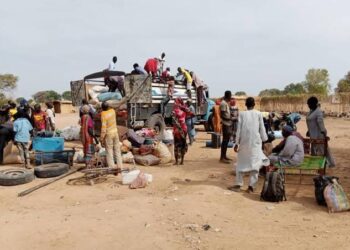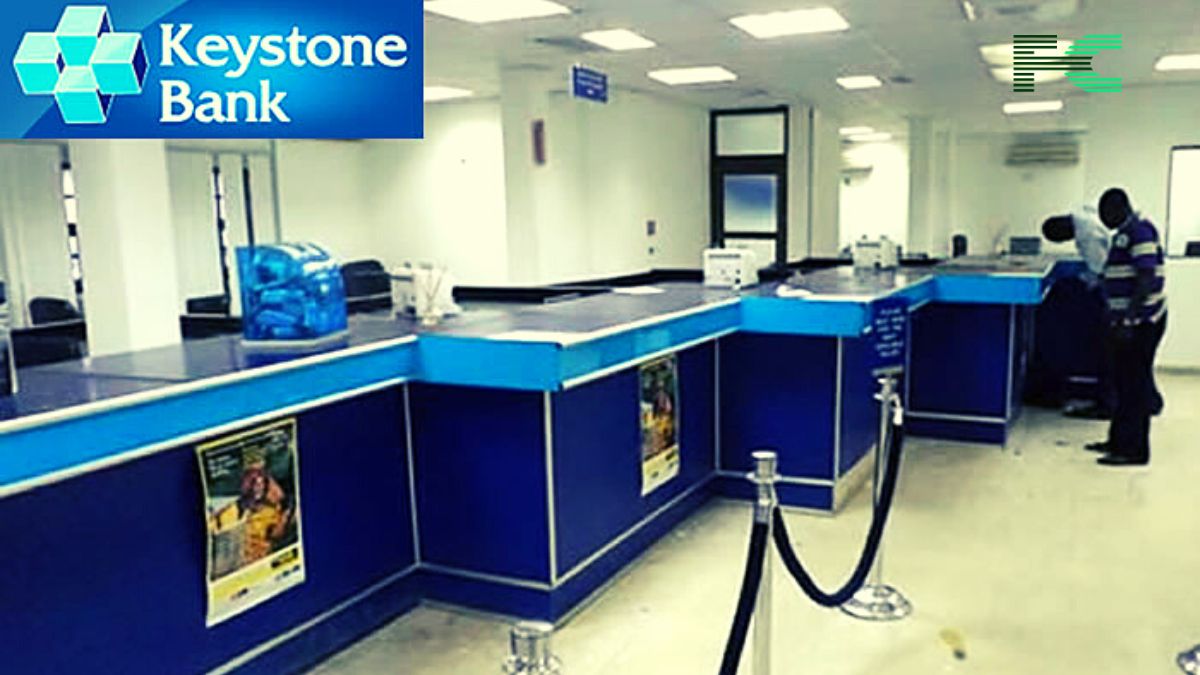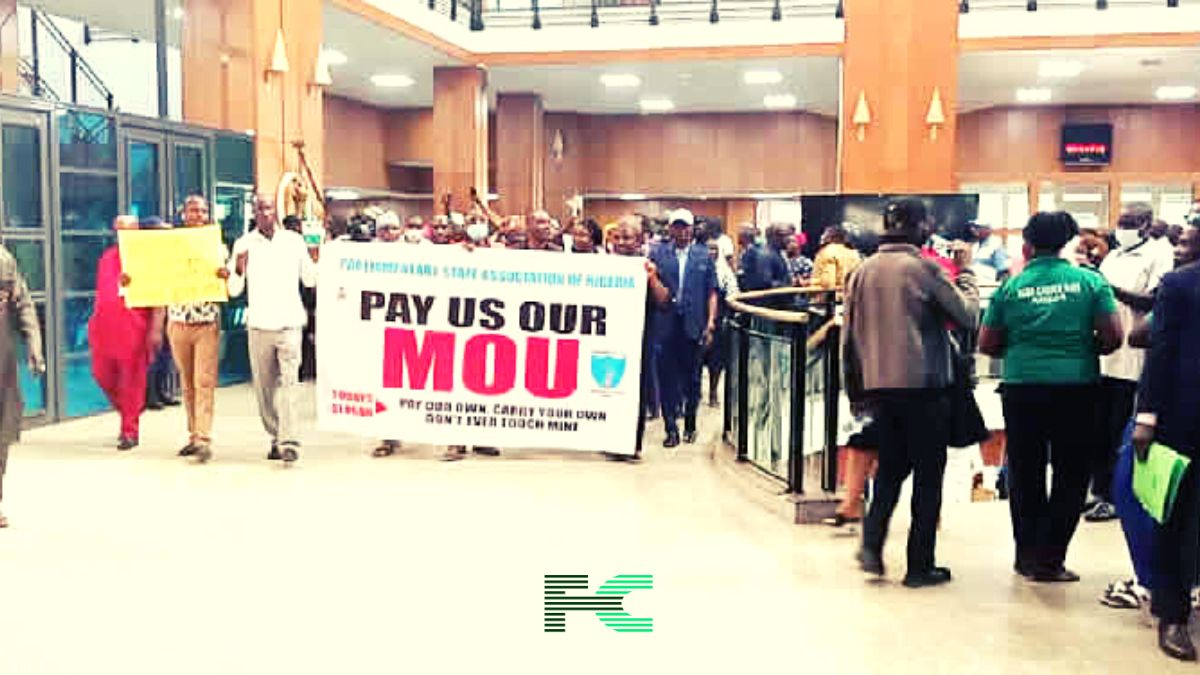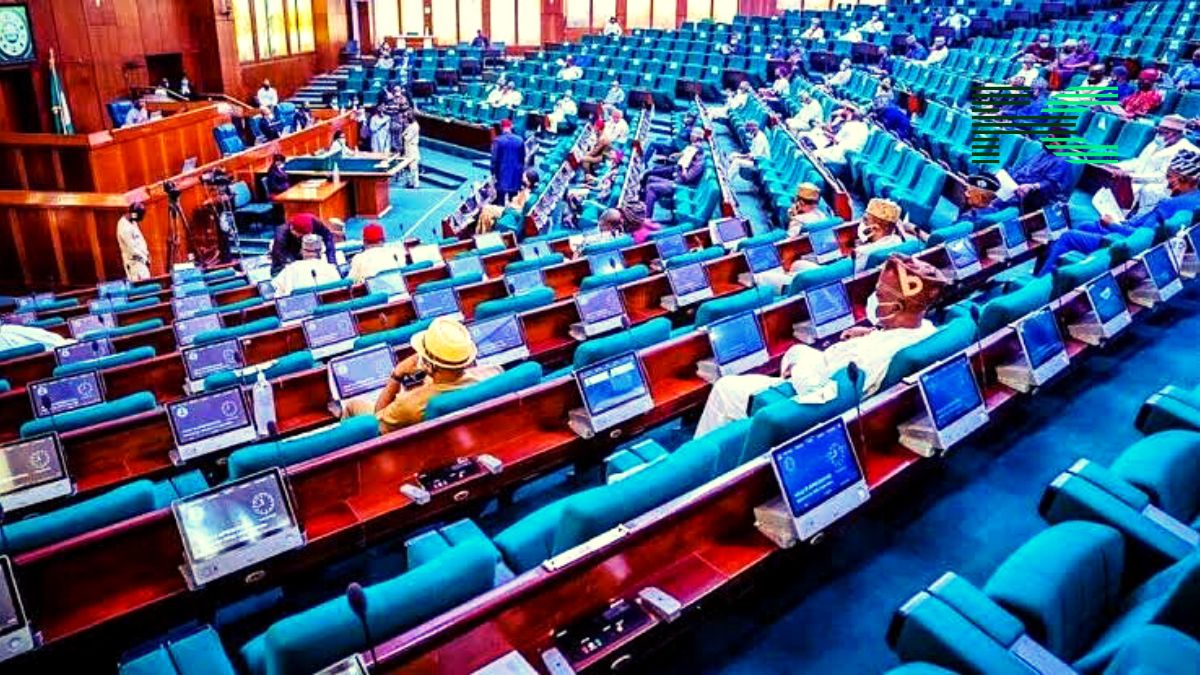African leaders are throwing out the rulebook in the fight against violent extremism, admitting that current efforts are failing. A security summit in Nigeria buzzed with calls for reform, with leaders pleading for a complete overhaul of the institutions tasked with tackling terrorism.
The continent faces a brutal reality: extremist groups linked to ISIS and al-Qaeda are running rampant. From the Sahel region to Somalia and Mozambique, civilians and militaries alike are under constant threat.
Some leaders pointed fingers at the existing counter-terrorism architecture. Togolese President Faure Gnassingbe bluntly stated that these institutions are no longer up to the task, overwhelmed by the surge in violence. The numbers back him up. African Union Commission chairperson Moussa Faki reported an alarming increase in extremist attacks, with daily assaults spiking from four to eight in just four years. This surge in violence has resulted in a devastating human cost – 7,000 civilian deaths and 4,000 military personnel killed last year alone. Faki warned that this chaos is creating fertile ground for military takeovers.

The summit wasn’t just about acknowledging failures. Leaders proposed bold solutions. Nigerian President Bola Tinubu called for a regional task force specifically designed to combat terrorism. This “standby force” would be a powerful deterrent, Tinubu argued, disrupting extremist operations and protecting strategic resources.
Funding concerns were also a major talking point. Faki stressed that Africa needs more money to fight terrorism. This sentiment was echoed by Tinubu, who also highlighted the need to stem the flow of small arms and weapons.
The future remains uncertain. While the summit produced a clear consensus on the need for change, questions linger about the feasibility of these ambitious proposals. The path forward will be challenging, fraught with logistical and financial hurdles. But for the people of Africa, the stakes couldn’t be higher.

















